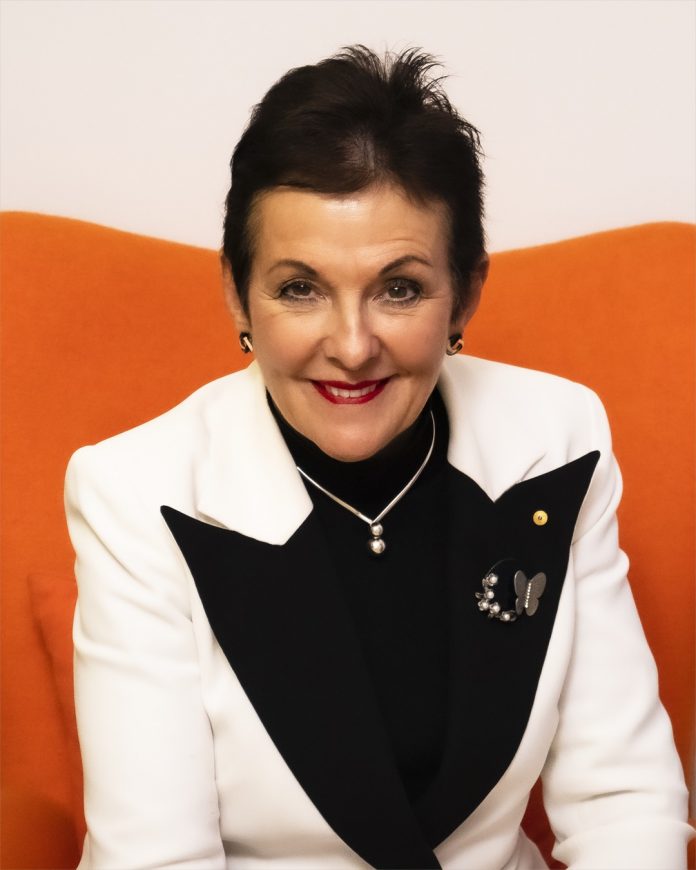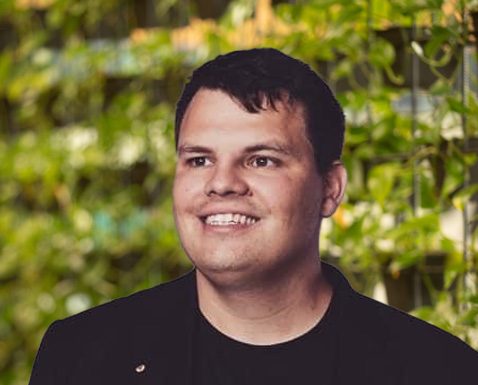In this guest post, Kate Carnell AO, Chair of the end-of-life support service Violet, shares an opinion on the Aged Care Taskforce report and the importance of incorporating the human, social and emotional needs of ageing well in any future discussion to do with the sector.
The release of the Aged Care Taskforce report signals an important next step in discussing how we navigate the difficult funding and sustainability issues that aged care and older Australians face over the coming decades.
It’s a critical report, and an important outcome of the Royal Commission.
However it’s increasingly clear to me that there are other critical areas that are being overlooked. Alongside structural reform, we need to address the human, social and emotional needs of ageing, and ageing well – to ensure that people have the experience that they want and deserve.
The number of people over 80 is set to triple to more than 3.5 million over the next 40 years. For this generation and those that will follow, the future of care is in the home.
It is abundantly clear that most Australians want to stay at home for as long as possible, with access to relevant services and support from family and friends. The demand for home care has increased strongly: over the next twenty years, an average annual increase of 44,000 participants is forecast, totalling nearly two million older people using home care by 2042, compared with about one million now.
In order to prioritise home-based care for the benefit of people, their families, and the system, we need to find new, novel, and sustainable ways to help people talk, plan, and care for each other as they age.
This can’t be standardised or homogenous. Understandably, different people will always want different things, and those needs will change, due to increasing frailty and other health events. I experienced this first-hand with my own parents, and it highlighted the importance of honest, supported conversations, preparation and planning.
Without this, too many older people end up in hospital or residential aged care when they want to be at home.
Violet is building a scaleable, sustainable, technology-enabled solution to help all Australians talk about and plan for the last stage of life. Violet helps with navigation, care coordination and connection to available services and supports. Violet’s mission is to improve the experience for people and their families, alleviate system pressures (including bed blockage and ramping), and reduce system costs.
Of the 15,000 people Violet has supported, 8/10 people told us ‘I don’t know what I don’t know, and I don’t know where to start’. The last few years of life are often practically, and emotionally overwhelming, and there are few places that provide personalised and scalable help. Violet meets people where they are, regardless of circumstance, emotional readiness or cultural context, and helps them have the conversations and do the planning, to make sure that the last stage of life is the best it can be for everyone involved.
Violet has an important role to play in supporting Australia’s ‘silver tsunami’ ensuring more people have the experience they want and deserve. Over the last 20 years we have normalised the way we talk about mental health, we now need to do the same with death and dying so family and friends are confident to talk to their loved ones about what they want for the final stage of their lives and put in place a plan to make it happen!
Violet was recognised in the 2022 Future of Ageing Awards, along with NSW and ACT provider Goodwin, for a partnership focussed on training and supporting staff to have more open and honest conversations about the last stage of life, with residents, families and carers…Read more
Entries are currently open for the 2024 Future of Ageing Awards.










